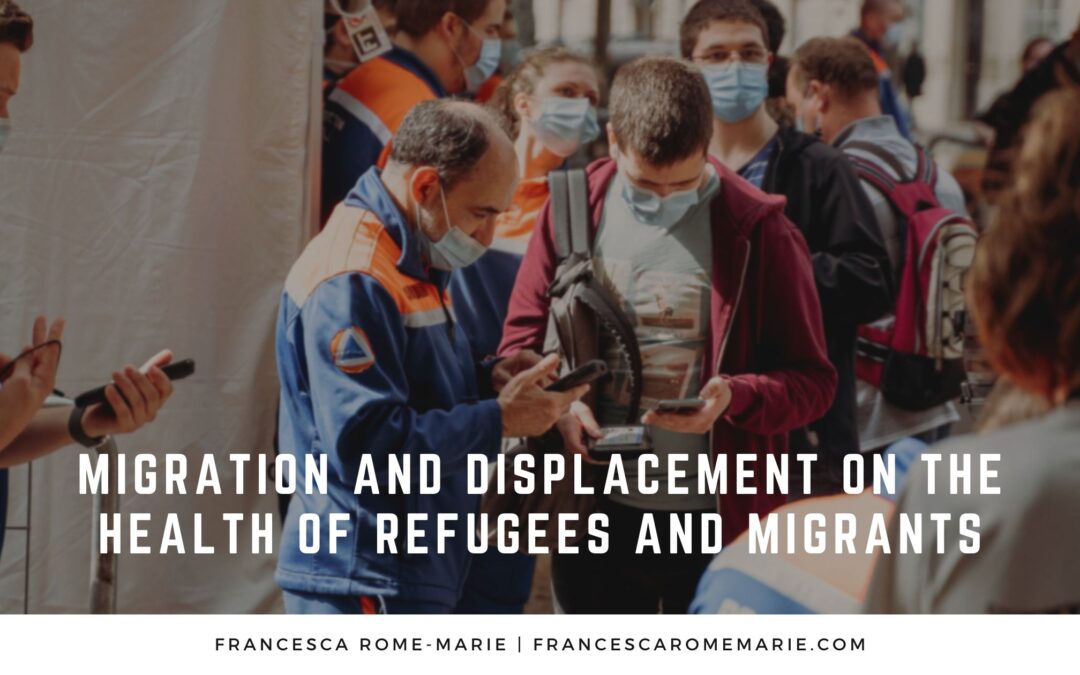According to a new report by the World Health Organization, the 1 billion migrants and refugees worldwide are facing poorer health outcomes than those in host communities – meaning 1 out of every 8 people on earth are affected by this health disparity. With the prediction that an additional 250 million people will be forced to move by 2050, this issue will only become more pressing. Indeed, the report highlights the significant contributions of migrants and refugees to health systems globally and strongly calls for the expansion of universal healthcare systems to include these communities.
Based on a comprehensive review of studies from around the world this report is the first to offer a global review of migrant and refugee health. The ultimate finding is that although migrants and refugees are not innately less healthy than their host communities, they are still more likely to experience poor health outcomes.
Several factors are identified as contributing to this suboptimal health, including lack of access to education, income, housing – and various cultural, communication, and legal barriers. But the report points out that the combined factors are such that displacement or migration itself must be considered a determining factor of people’s health.
The report covers both communicable and non-communicable disease, with some of the factors intersecting clearly with other aspects of marginalization to impact mind-body health.
Xenophobia & Discrimination
Discrimination has direct effects on the health of migrant and displaced people. In the most visceral instances xenophobia can result in violence, but it can also lead to negative health outcomes through systemic manifestations. The report states that policies limiting access to healthcare and social services, separating families, or condoning discrimination “yield poor health.” Compounding this factor is that facing constant discrimination can cause people to experience stress induced disorders, in addition to worsening mental health conditions they may already be prone to.
Gender & Sexual Reproductive Health
Sexual reproductive health is lacking across the board for migrant and refugee communities, and women and girls face specific hurdles to care. Health needs surrounding pregnancy or nursing can be complex and cultural barriers prevent some women from seeking care – even when it is available. For instance, women who have experienced FGM might avoid seeking care in host countries due to shame or stigma.
All genders face a heightened risk of sexual violence during forced migration and attacks against men are likely underreported. LGBTQIA+ individuals are not only at high risk of violence-based trauma they are also stigmatized as members of multiple marginalized groups. And oppression has negative effects on whole-body health. For instance, LGBTQIA+ migration to flee persecution was associated with higher HIV infection rates upon reaching a host country.

